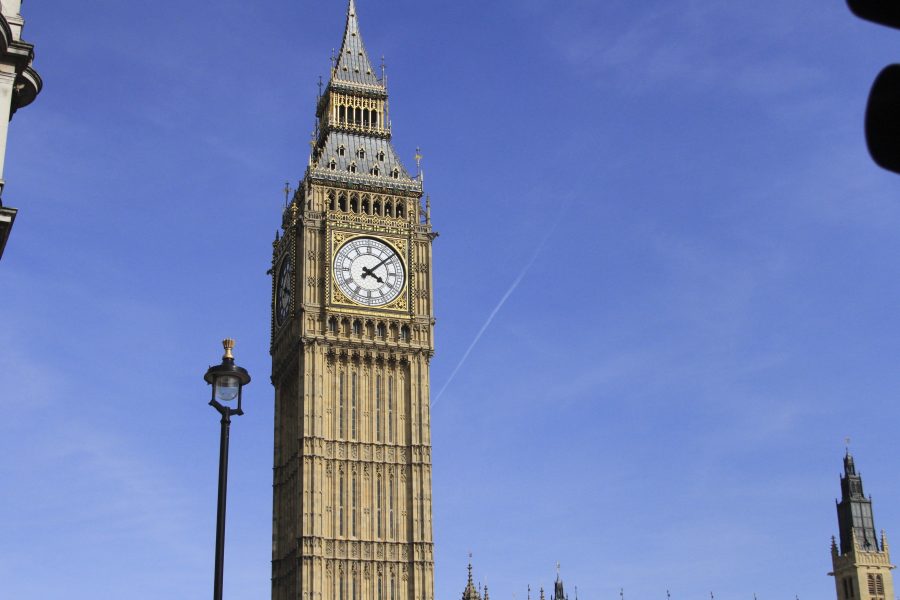An American in Brexitland: The Confusion and the Culture
Both America and Britain have recently seen a rise in populist movements. The political and cultural changes those who study abroad face can be overwhelming.
April 17, 2017
Four days after Donald Trump became President of the United States, I hopped on a plane for a semester in London. This opportunity — initially planned pre-election out of a desire to pursue my interests while experiencing a new culture — had begun feeling like an escape. Being abroad allowed me to check out of the political situation I had regularly monitored for nearly two years and that all but consumed me since November. I could finally simply focus on studying subjects I enjoy and exploring a new city and continent.
To some extent, this certainly has been an escape. I am an ocean away from the nearly constant protests in New York and the divided opinions of my hometown in Virginia. Major speeches and announcements, which usually happen during American prime-time, often occur while the United Kingdom sleeps. It is possible to wait at a bus stop, go for a walk or sit in a cafe without hearing Trump’s name.
But in other ways, politics are as immediate and demanding as ever. Thanks to the five-hour time difference, I am now awake for many of Trump’s early morning Twitter rants. Protests occur at 10 Downing St., whether in sympathy with American political frustration, making demands amidst Brexit or expressing complex emotions about where the two countries’ leaders intersect.
Living in a new country experiencing major political change while America does the same is overwhelming. It illustrates a world of complex discussion on social media, another conversation on newsstands, and feeling a combination of connection and removal. I spent my first week here watching live streams of New Yorkers protesting President Trump’s Muslim travel ban during my free moments amidst orientation sessions full of intelligent voices trying to make sense of Brexit’s potential consequences.
Now, I watched a major healthcare bill fail to make its way through Congress just before Prime Minister Theresa May officially triggered the U.K.’s separation from the European Union.
Discussing the American political situation with friends in public always turns many heads. Mine tends to be one of the heads turning, quick to listen to anyone who mentions Brexit. Both the U.S. presidential election and Brexit present an uncertain future, leaving everyone in a constant state of curiosity, confusion and opinion.
While all the news and word-of-mouth provide significant material for thought, the most interesting commentary on current political situations I have seen is through art. I am fortunate to be taking courses in performance reviewing and fashion. All my classes provide significant opportunity for outings which explore London’s role in the modern world. Several weeks ago I saw connections to present-day resistance movements through the Victoria & Albert Museum’s “You Say You Want a Revolution?”, a tribute to the art stemming from political disenfranchisement across the West in the late 1960s. More recently, I watched a moving commentary on the refugee crisis in Crystal Pite’s new ballet, “Flight Pattern.” Even during a night with friends at “Wicked,” I drew connections from many of the themes to current social issues.
The current chaos in politics, while overwhelming, lends a lot of material for artists to work with. London’s already-strong cultural scene is thriving, with deep messages that speak to both British citizens and visitors like myself. Perhaps, for this semester, I will never feel as though I have a full grasp on the situation here or at home. But through exploring relevant performances and exhibits, I might be able to gain understanding and connections. London allows me to lose myself in a new culture while remaining grounded in reality, and I am happy to embrace that opportunity.
Email Ali Webb at [email protected].
























































































































































